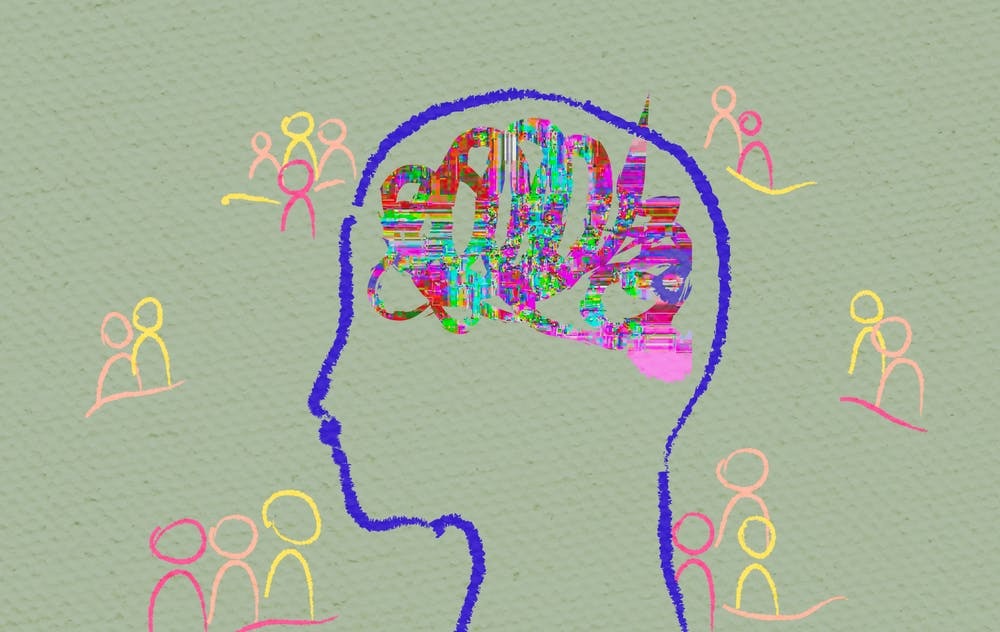According to a National Institutes of Health (NIH) study published in JAMA Network Open this week, there may be a link between marijuana use and higher levels of suicide ideation, plan, and attempt by young adults.
An analysis of survey data from more than 280,000 young adults ages 18-35 revealed that marijuana use was associated with increased risks of thoughts of suicide, or suicidal ideation, suicide plan, and suicide attempt.
The risks were shown to be greater for women and these associations remained regardless of whether someone was also experiencing depression.
The study was conducted by researchers at the National Institute on Drug Abuse (NIDA), part of the National Institutes of Health.
“While we cannot establish that cannabis use caused the increased suicidality we observed in this study, these associations warrant further research, especially given the great burden of suicide on young adults,” remarked NIDA Director Nora Volkow, M.D., senior author of this study.
“As we better understand the relationship between cannabis use, depression, and suicidality, clinicians will be able to provide better guidance and care to patients.”
The researchers compared four levels of past-year cannabis use which were no cannabis use; nondaily cannabis use; daily cannabis use, which was defined as use on at least 300 days per year; and presence of cannabis use disorder. This was assessed in the survey and involves meeting specific criteria for a pattern of continued cannabis use despite negative consequences.
To determine the presence of depression, the researchers had assessed the prevalence of major depressive episodes based on specific diagnostic criteria measured through the survey. To identify suicidality trends, the investigators separately assessed the trends in the prevalence of past-year suicidal ideation, plan, and attempt as reported in the 2008-2019 NSDUH surveys.
“Suicide is a leading cause of death among young adults in the United States, and the findings of this study offer important information that may help us reduce this risk,” explained lead author Beth Han, M.D., Ph.D., M.P.H., from NIDA. “Depression and cannabis use disorder are treatable conditions, and cannabis use can be modified. Through better understanding the associations of different risk factors for suicidality, we hope to offer new targets for prevention and intervention in individuals that we know may be at high-risk. These findings also underscore the importance of tailoring interventions in a way that take sex and gender into account.”



